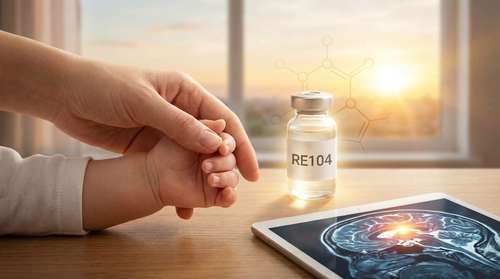After a recent study observing 2 million older adults, researchers have established a relationship between dementia and falls. The research, conducted by Brigham and Women's Hospital scientists, queried respondents who sustained a traumatic injury within one year of data collation.
Of the 2 million plus older adults who responded, 10.6% were diagnosed with Alzheimer’s disease and related dementias within one year of the fall. Researchers also found an increased risk of future dementia diagnosis by 21 percent.
How Can a Fall Increase Dementia Risk?
The researchers analyzed Medicare Fee-for-Service data from 2014 to 2015, assessing 2,453, 655 older adult patients who experienced a traumatic injury within a year of the follow-up data. The study discovered that half of the patients had sustained their injuries from a horrific fall and that this half was significantly more likely to be diagnosed with dementia within one year following the injuries.
Describing the study's basis, senior author and assistant professor in the Department of Surgery Molly Jarman says, "The relationship between falls and dementia appears to be a two-way street." Jarman, who is also a deputy director at the Center for Surgery and Public Health, said, "Cognitive decline can increase the likelihood of falls, but trauma from those falls may also accelerate dementia's progression and make a diagnosis more likely down the line."
Based on the research’s outcomes, Jarman concludes that older adults who experienced a fall may need further cognitive screening.
How to Reduce the Risk of Dementia? Not Without Its Challenges
The Centers for Disease Control and Prevention report that over 14 million older adults fall annually. Meanwhile, falls are the leading cause of injury in older adults – injuries that can have permanent or long-lasting consequences. These consequences include total loss of independence, declines in functional status, and the risk of death.
However, the researchers found that they can improve the chances of early identification of dementia by implementing cognitive screenings immediately after a horrific fall. These falls describe injurious falls that result in a hospital visit or an emergency department visit.
That said, the scientists acknowledge that completing these cognitive screenings could be challenging for adults who can't immediately access primary care. Alexander J. Ordoobadi, the study's first author and a resident physician at the Department of Surgery at Brigham, says, "One of the biggest challenges we face is the lack of ownership in the process of follow-up screening for cognitive impairment because there may not be adequate time for these screenings in an emergency department or trauma center setting."
Ordoobadi explained that older adults should receive follow-up care with a primary care provider or geriatrician immediately after a fall. Incidentally, the unavailability of primary care providers or a geriatrician's services could limit how many older adults receive this cognitive health assessment.
Final Notes
A study conducted by researchers discovered that horrific falls can increase the risk of dementia in older adults. Older adults ought to receive the services of a primary care provider or geriatrician who'll assess their cognitive abilities immediately after a fall. However, the researchers lament that some adults don't immediately access primary health care or a geriatrician's services.




